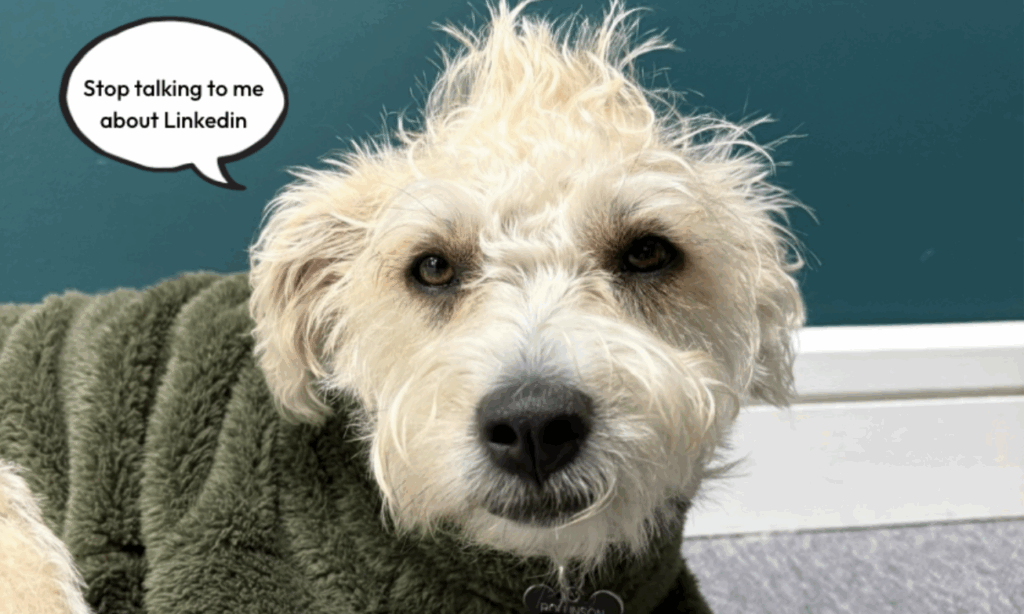In light of World Mental Health Day (WMHD) yesterday, I thought I would speak about the objective of the day, share some useful tips and mention some of the things that Seed does as an agency to support positive mental health.
What is World Mental Health Day?
WMHD is on the 10th of October every year and raises awareness for mental health issues around the world. The day allows for all of those working on mental health issues an opportunity to talk about their work in an attempt to mobilise efforts in support of mental health.
The day was first celebrated in 1992 and up until 1994 it had no specific theme and was intended to generally advocate for mental health. Since then, every year has had a different theme; most recent themes include Mental Health Promotion & Suicide Prevention, Move for Mental Health and this years: Mental Health in an Unequal World.
The theme this year focuses on inequalities due to race, sexual orientation and gender identity and the lack of respect for human rights in many countries, especially for those living with mental health conditions. Also, these inequalities can even lead to mental health conditions due to the way these individuals are treated within society. So, this year’s theme will highlight these inequalities in terms of mental health, as well as drawing attention to the unequal access to mental health services.
Each year the day serves as a reminder of those living with mental health issues and those who have lost their lives because of it. It is a great way of continuing to remove the stigma surrounding mental health and encourages positive and honest conversations around the topic.
Simple ways to improve or maintain your Mental Health
It goes without saying that if you are continually feeling low or anxious you should seek medical help immediately, or use one of the resources below to talk to someone about how you are feeling.
1. Connect with people
Try to avoid isolating yourself. Spend time with your friends and family, even though you may want to avoid doing so. Social relationships are important for promoting wellbeing and it is also helpful to have people who you can talk to about how you’re feeling.
2. Be active
Regular physical activity is associated with lower rates of depression and anxiety due to it causing the release of feel-good endorphins. It doesn’t have to be particularly vigorous exercise, it can even be just walking or taking the stairs instead of the lift. This is also a good way to encourage social interaction, as it can be some kind of sport played with others.
3. Be mindful
Studies show that being aware of what is happening in the present directly enhances your wellbeing. Ways to ‘live in the moment’ include getting a plant for your workspace, having a day where you ‘clear the clutter’ in your workspace/desk, taking notice of how your colleagues are acting or feeling, visiting somewhere new for lunch and trying a different route on the journey to or from work.
4. Learn and up skill
Learning a new skill is great for boosting self-confidence and helping you build a sense of purpose. Learning something new doesn’t always have to take up a lot of time, it can be something as simple as learning a new recipe or trying a new hobby.
5. Give to others
Volunteering or donating is a mutually beneficial way to improve or maintain mental health. It creates feelings of purpose and self worth and helps you connect with others. It can be small acts of kindness such as saying thank you to someone for something they have done for you or it can be something bigger like volunteering in your community.
What we do as an agency
At Seed we place a lot of importance on mental health and wellbeing, as I mentioned in my previous blog . We do monthly wellness sessions where we discuss a different topic each month relating to wellbeing or mental health.
For example, we spoke about the importance of Friendship in July to mark National Friendship Day, discussing how this is an important part of maintaining positive mental health and giving tips on building friendships in the workplace. By speaking frequently about these topics, we hope that it cultivates a positive and open working environment where the team are able to speak freely about how they are feeling.
1. Social activities
We encourage social activities such as weekly sports socials, monthly/quarterly events and often meet up outside of work. This contributes to the feeling of being able to speak openly to the team or management as it allows everyone to get to know each other outside of work. It is also a nice way to encourage social interaction and physical activity, both of which are proven to foster good mental health.
2. Charity activities
Back in August we participated in a beach clean as a company and we now have a charity committee where we are planning other ways we can help the local community. Volunteering is obviously very beneficial for the charities that we help but it is also great for mental health in so many ways; it allows us to feel like we have made a positive difference and research has shown that committing acts of kindness results in increased wellbeing. It also encourages social interaction and, as previously mentioned, this is good for mental health.
3. Learning and development
Finally, we have ‘Learning Fridays’ at Seed, which is when we take the afternoon on a Friday to improve our knowledge and skills in relation to our role or the agency as a whole. This can be done individually or as a collaboration, relaying to the rest of the team something you have learned. We also have a dedicated learning budget that we can use to pay for any relevant courses we wish to enrol in.
Studies show that learning improves self-esteem and that setting/achieving goals is strongly associated with increased levels of wellbeing.
A round up
WMHD is a great way of bringing attention to mental health issues all over the world, but it goes without saying that we should be checking in on ourselves and others daily. Mental health is so important and it can be easy to forget to take care of our minds, which is arguably the most important part of us!
We should all be looking out for ourselves and those around us, making sure to follow the useful tips mentioned above and seeking medical help if things don’t improve.










